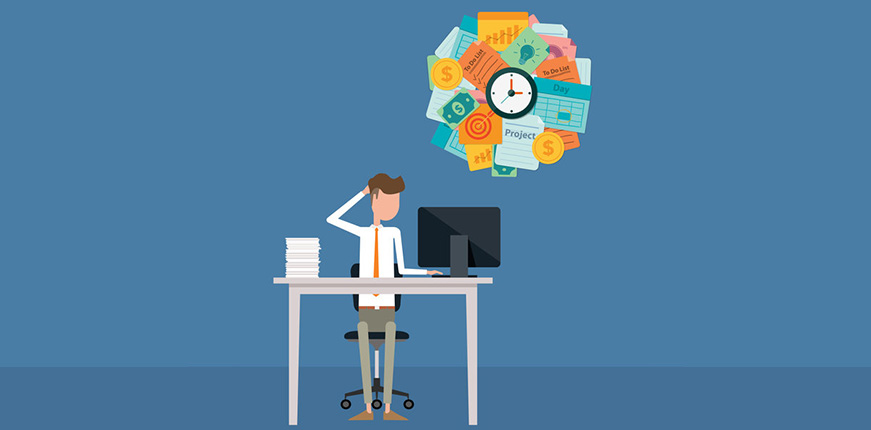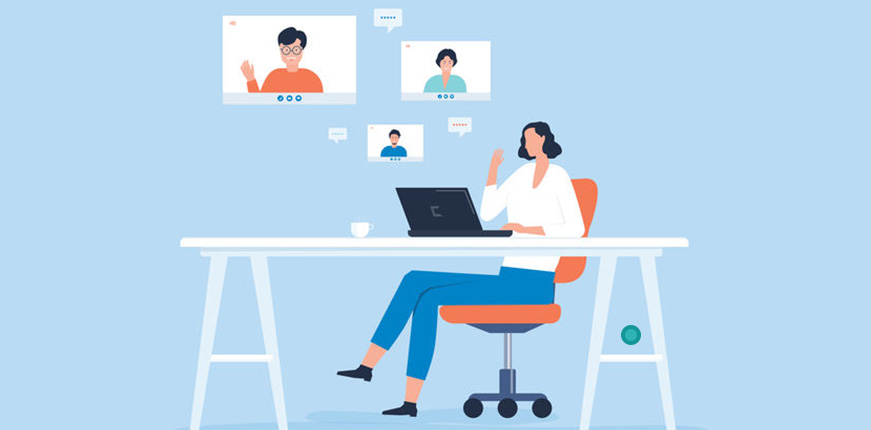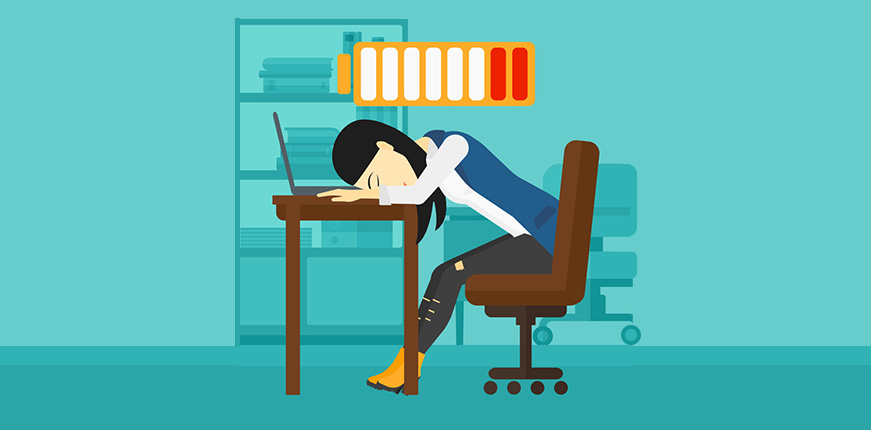The final summary in the series on how to improve your attention and focus, so you can get out of the office earlier. 12 tips to get more done by making sure your mind is in the optimal state, you know your priorities and know how to focus on them.
12 Mind Hacks to Improve your Focus
There never seems to be enough time in the day. And despite the volumes written about time management, nobody can manage time. But we can manage our energy, our attention and our mental resources. And this is not so we get more done in the less time. What is important today, especially for people who work in knowledge industries, is that we are better able to solve problems, be more creative and apply our emotional intelligence.
Attention Management not Time Management
Over the last few months, I’ve published a tip a week how to improve your attention and focus. It’s about the brain and body being in the right state so you are performing at your best, for short bursts of time. And it is based on some of the latest findings from neuropsychology, including some of the “oldie but goodie” tips that researchers have now found new evidence to support.
Discovery Brain State
The first four tips are all about how to get your brain in the right state for problem solving and cognitive thinking. And you can’t do this while you are stressed. When you are stressed your brain is in the defensive fight or flight mode – looking for threats and reacting quickly to danger. To be creative, full of emotional intelligence and performing at your best you need to be relaxed so that your brain is in the discovery mode. But being less stressed is hard to do. These four tips look at how you can manage your stress and shift from defensive to discovery thinking:
1. Stress makes you stupid so reframe your thinking so you are less stressed
2. Use the 3M’s: Mindfulness, Meditation or Music to calm your mind
3.Get an endorphin kick with exercise to be more creative and less stressed
4. Sleep to perform at your best
Create some Headspace
Now you’ve got your brain in the discovery state, then it’s important to keep it clear of clutter so you can concentrate on your important work, project or activity. Our brains are easily distracted, and much of the social media reward us in the same way that a slot machine rewards a gambler. So these next tips look at how you can make sure you can concentrate and focus, even for a short period of time (20 minutes) to really get focused.
5.Brain dump and automate tasks so your brain is freed up for important stuff
6. Don’t multitask and limit distractions
7. Find out when your body clock is at is best and work with it, not against it
8.Create boundaries between work and home so you have time to refresh and recharge
Laser sharp focus
Now you’re in the perfect mental state and free all distractions, so what are you going to work on? The truly important stuff. Here we find a few of the original tips from time management guru Steven Covey that help you focus on the big important stuff that will have a real impact. New research shows that if we work on the truly important stuff we feel like we are make progress, and making progress gives us a kick. Getting a kick out of work then you’ll be more likely in the discovery brain mode and the virtuous cycle starts back at tip1 again.
9. Stop the busy work on all the urgent stuff, find the important stuff
10. Chunk some time and give it to your important stuff
11. And when there is just too much to do – Say no – nicely
12. Don’t lose focus on the important stuff by being a perfectionist or procrastinator
Habit forming, storming and norming
There is no overnight cure, quick fix or money back guarantee. It needs you to form a new habit and change an existing way of thinking and working. And only you can do it. So don’t try all 12 tips at once. Try a one or two at a time in a small way. For example this week try turning off that smartphone an hour before bed and chunk some time to work on one of your important (not urgent) tasks….see how it feels. One step forward, make it a habit and work on the next.
If you’d like an infographic with all 12 tips then get it here.


